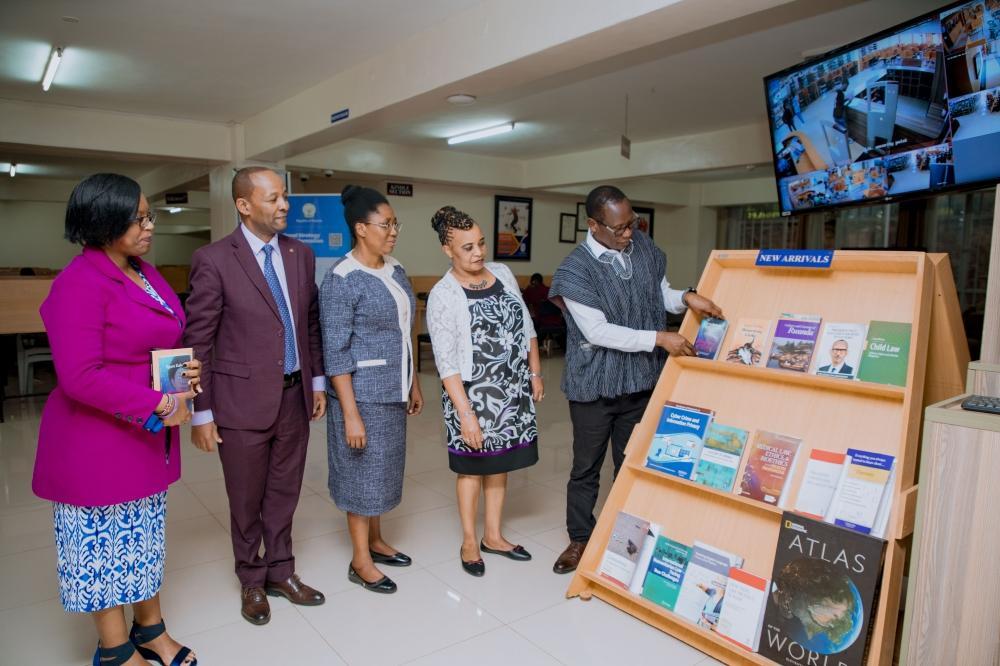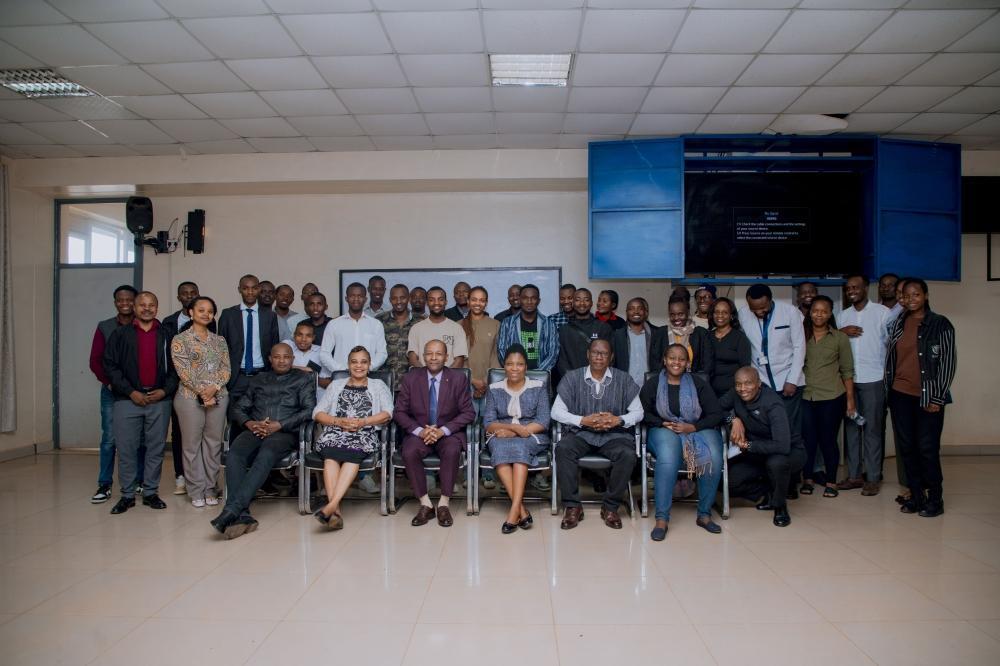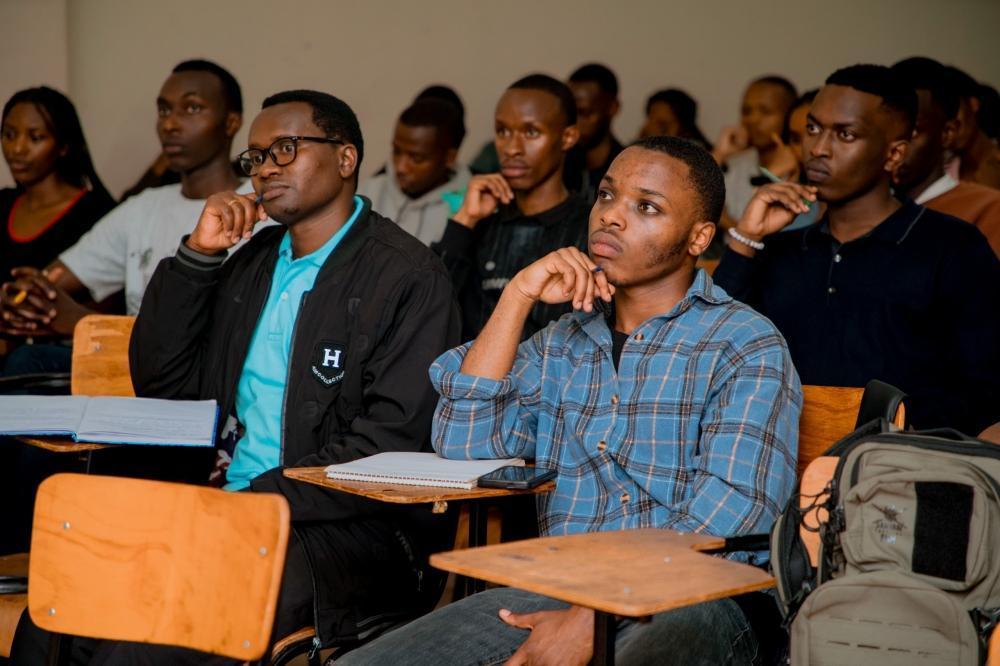Africa-Press – Rwanda. Mount Kigali University has embarked on an ambitious journey to become a centre of excellence for cross-genre literature, bringing together a diverse pool of writers and academics to build a collaborative culture that responds to the changing dynamics of storytelling.
From fiction to reality, poetry to children’s literature; and from research papers to ghostwriting, the Mount Kigali University community is home to a rich array of creative talent.
Students, staff, and management alike are contributing voices in a variety of literary fields. This rare mix of talent has enabled the university to lay the foundation for a unified platform where different classes of writers can collaborate, share ideas, and co-create works across genres.
The goal is not only to increase the quality and output of literary work, but also to reduce the burden of solo writing, foster innovation, and nurture a culture of mentorship and idea-sharing. This bold initiative aims to redefine what it means to be a modern academic institution – one that fuses creativity with scholarship and reaches wider audiences through inclusive storytelling.
The initiative has gained fresh momentum following a recent visit by celebrated author and professor, Egara Kabaji.
With an impressive record of over 140 published works spanning novels, children’s books, academic pieces, and even content adapted for animation, Prof Kabaji is a powerhouse in East African literature. His works have reached over 20,000 readers in Rwanda alone, and his influence extends beyond books, to include works in mainstream media and hosting literary-themed podcasts.
In his keynote remarks during the visit, Prof Kabaji emphasised the transformative role of writing in society, saying: “Every writing has the intention to make a difference in the world. Once you hold a pen, you want to make an impact, whether academic, commercial, cultural, or social.”
He continued: “Writing is a service we are giving to the community. And if we do it well, we can offer this service in different genres.” This he said as he made note of the creative potential Mount Kigali was brimming with, the importance of collaboration among writers, and the undeniable need to flow with the times.
“We must ask ourselves: how do we connect with our audiences emotionally and make them listen to us? Whether it’s through podcasts, broadcast, or the written word, storytelling must evolve,” he stressed.
University leaders present at the occasion, many of whom are writers themselves, echoed Kabaji’s sentiments and emphasised the importance of integrating creative writing into the university’s academic and cultural fabric.
Dr Martin Kimemia, Vice-Chancellor of Mount Kigali University, praised the university’s initiative of creating a conducive platform for nurturing divergent writers, as a timely move that reflects the institution’s vision for holistic education.
“Writing is the heartbeat of intellectual freedom and cultural expression. Through this collaboration, we are building a generation of thinkers who do not just consume knowledge but create it, across genres, across boundaries,” he stated.
Dr Ruth Thinguri, Deputy Vice-Chancellor in charge of Academics and Research Affairs, and an academic writer in educational leadership, highlighted the significance of interdisciplinary writing.
“Cross-genre writing allows us to bridge academic rigor with creative exploration. We want our students and faculty to know that you can be a scholar and a storyteller at the same time,” she pointed out.
Dr Eugenia Nkechi Irechukwu, Deputy Vice-Chancellor in charge of Quality Management and Institutional Compliance and a published author, presented storytelling as a pillar of national development.
“The stories we write today shape the minds of tomorrow,” she said. “We must write with intentionality and quality. That’s why this initiative is crucial. It ensures that storytelling meets the standards of educational and moral excellence.”
The university’s librarian Muthee Lucy Wangechi, underscored the role of libraries in preserving and promoting cross-genre literature, saying: “Writers need spaces that inspire, support, and showcase their work. At Mount Kigali University Library, we are ready to be that space to preserve the past, encourage the present, and inspire the future of Rwandan and African literature.”
Prof Egara Kabaji seated (second from right), in a group photo with senior members of staff and students.
Students follow the proceedings of the lecture. The university has laid a foundation for writers to share ideas and co-create works across genres.
For More News And Analysis About Rwanda Follow Africa-Press








